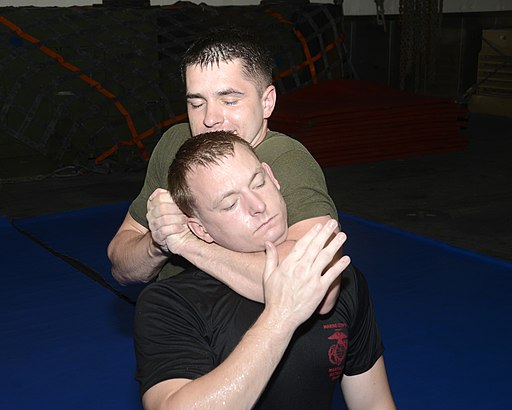If a person was unnecessarily harmed or killed by the police, a civil lawsuit against the department or city that employs the officer can be brought.
Boston, MA – One of the more common forms of police brutality is when a suspect is already detained or handcuffed, but the officer still continues to use force and violence. It is illegal for the police to harm someone who poses no kind of threat to the safety of people in the area. Even when they are authorized to make an arrest, this does not automatically justify the use of force unless the suspect poses some kind of immediate danger. Anyone who has been injured by the police can contact a lawyer to review their situation and see if they need to file a lawsuit against the police in Massachusetts.
Use of force protocols
Every police academy gives officers extensive training related to the use of force against suspects. As a general rule, those who are armed and dangerous while committing a crime, or those who are clearly about to become violent and possibly harm the officers and other people may be subdued with a reasonable amount of force. These protocols even allow for the use of deadly force by the police, but this is normally reserved for situations involving an active shooter or other extreme forms of danger. This analysis tends to be very fact intensive, but if a suspect is detained and force is used, this is a clear violation of these use of force protocols.
Lawsuits for unnecessary use of force

If a person was unnecessarily harmed or killed by the police, a civil lawsuit against the department or city that employs the officer can be brought. This is because under general agency principles, the employer of any person is generally liable for harm caused by employees while carrying out their job duties. The lawsuit will argue that the officer used their legitimate authority in an illegitimate way by violating the person’s civil rights. The main remedy that is available in these situations is compensation that is relative to the victim’s losses. This means that things like necessary medical treatment, lost income and wages, and pain and suffering are all paid for by the defendant in a settlement or after a jury verdict if the plaintiff in the police brutality lawsuit is successful. The amounts paid out tend to become larger if the person was seriously hurt or suffered fatal injuries, and if the officer’s conduct was reckless or far outside of acceptable law enforcement standards. Facts such as those that show the suspect was already detained can be relevant to these issues.
Police brutality attorneys are available
USAttorneys.com is a website that helps people find local police misconduct lawyers in Boston and other cities. Anyone who needs to speak with a lawyer can choose their state and a practice area to get connected.


Join the conversation!